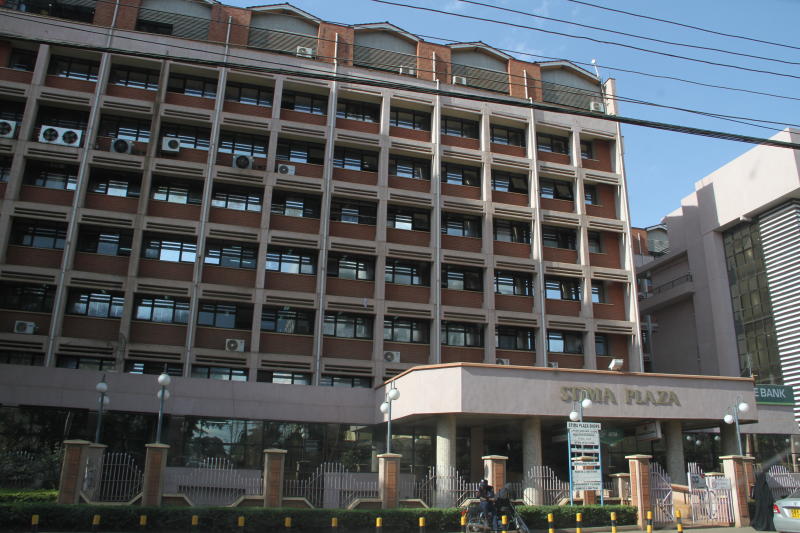×
The Standard e-Paper
Home To Bold Columnists

Customers who unknowingly bought prepaid power tokens that were reportedly stolen are now forced to pay for them.
Individual customers who spoke to The Standard said their accounts had negative balances, meaning they would have to settle the bills before they could buy additional units.